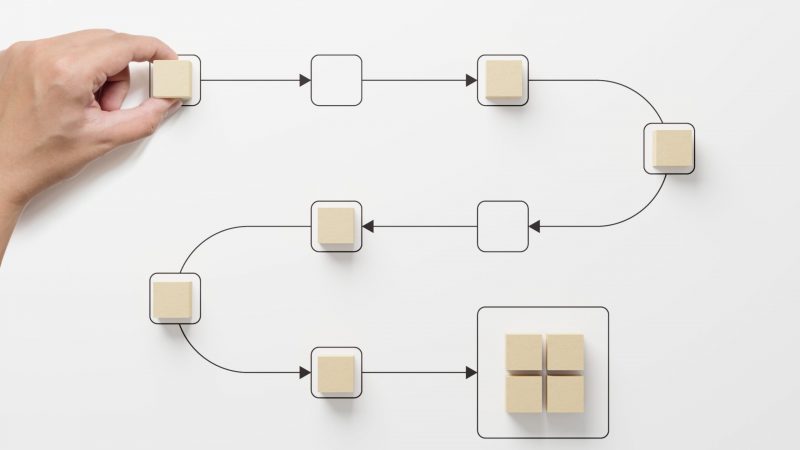FP&A Analyst, or Financial Planning and Analysis analyst, is a special team in a company that works closely with top management, the treasury department, and other parts of the company. The typical role of an FP&A analyst is to make forecasts about how much money the company will make and spend, called cash flow and profit and loss statements. These forecasts help the company’s leaders make important decisions. FP&A also presents these financial reports to investors and shareholders to show how the company is doing.
FP&A analysts might focus on planning and reporting for a specific product or part of the company. However, if the company is big and has complex operations, its job could involve planning and managing finances for many different parts of the company.
FP&A Responsibilities
Here are the key duties for an FP&A job. This role involves handling various responsibilities related to financial planning and analysis, including:
- Gathering important past data that could affect a company’s finances.
- Handling a database with financial records.
- Monitoring how both small and big economic changes impact the company.
- Making sure our business practices match what the market wants, to operate efficiently.
- Crafting thorough financial reports and models for company leaders and potential investors to review.
Necessary Skills in FP&A
To excel as an FP&A Analyst, you need specific skills. These abilities set you apart from other finance professionals and enable you to make smarter financial decisions. By mastering these skills, you can help your business thrive by using resources wisely, cutting costs, and meeting objectives effectively.
Analytical Skills
A successful FP&A analyst should be skilled at examining past data and understanding its financial impact on the industry. This involves both data and financial analysis.
Financial Modeling
The analyst should be able to create simple models or presentations to represent the analyzed data, such as ratio analysis.
Presentation and Marketing
It’s important for the analyst to effectively communicate their analysis to top management, such as CFOs or directors.
Proficiency in Excel and ERP
Knowledge of Excel and familiarity with ERP software are necessary for managing corporate accounts effectively.
Strategic Decision Making
The analyst should possess the ability to make strategic decisions and understand industry practices.
Strong Math Skills
Attention to detail is crucial, as even small transactions can impact the results presented to the board of directors.
The Changing Landscape of FP&A
The world is changing fast, especially with new tools like FP&A, AI, and marketing automation. Here are some trends that could help someone starting in FP&A keep up with these changes.
Abundance of Data
There’s a ton of information being made and gathered every day. Companies want to use all this data to grow their business, make customers happier, and decide what to do next.
Data-Driven Decisions
In the era of big data, companies are making more decisions based on facts and figures. They’re turning huge amounts of data into useful advice for planning and investing.
Speeding Up New Ideas
New technology is coming out faster than ever. Things like talking computers and AI that create stuff are changing industries in a flash. Companies want to use these new ideas to make and sell new things faster.
Modernized Business World
Businesses worldwide are facing a fast-changing landscape. They’re dealing with tough competition, new technology, and business ideas that shake things up. Big, established companies have to keep up with smaller, more innovative ones by being flexible and thinking ahead.
Growing Smart
Companies used to only worry about doing things efficiently. Now, they also need to think about growing in smart ways. They have to balance doing things well with finding new ways to grow without spending too much.
Final Thoughts
FP&A experts with robust analytical abilities, adaptable to changing business environments, are primed to steer strategic decision-making, foster teamwork between departments, and convert data into useful insights.



